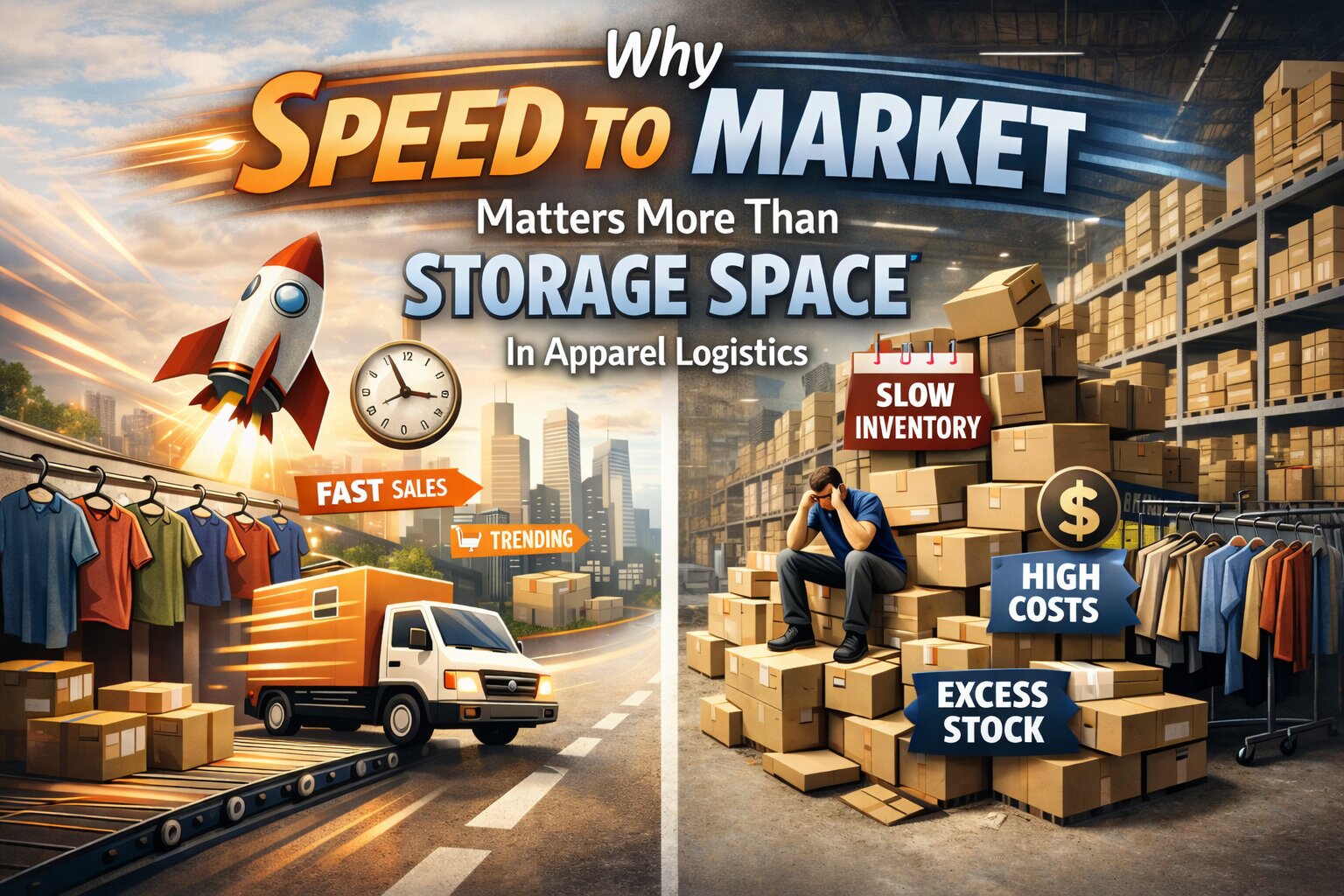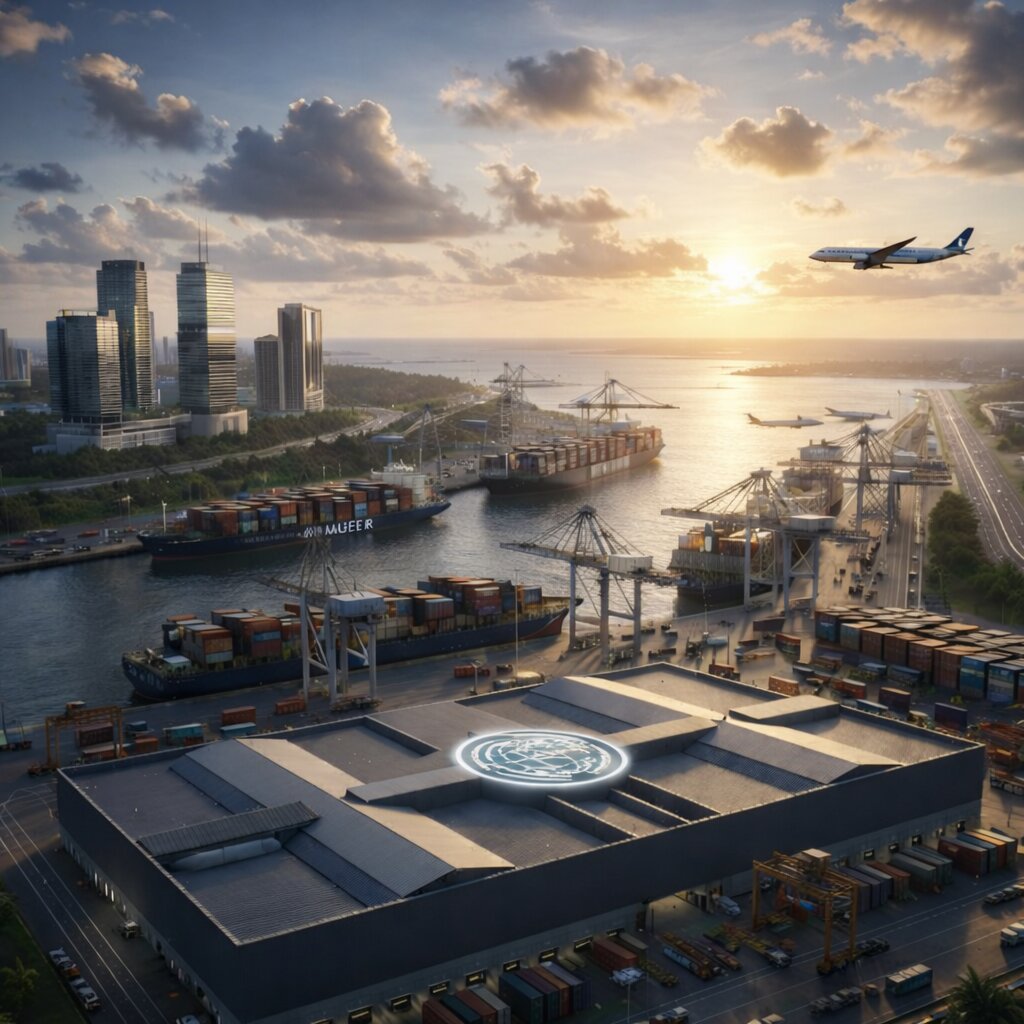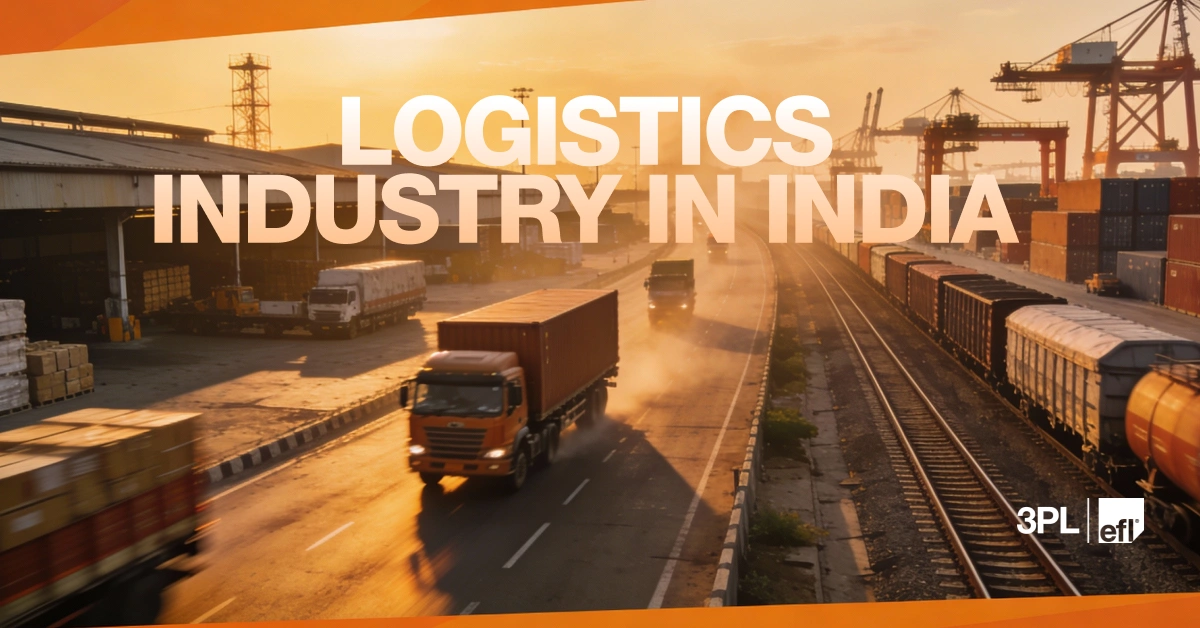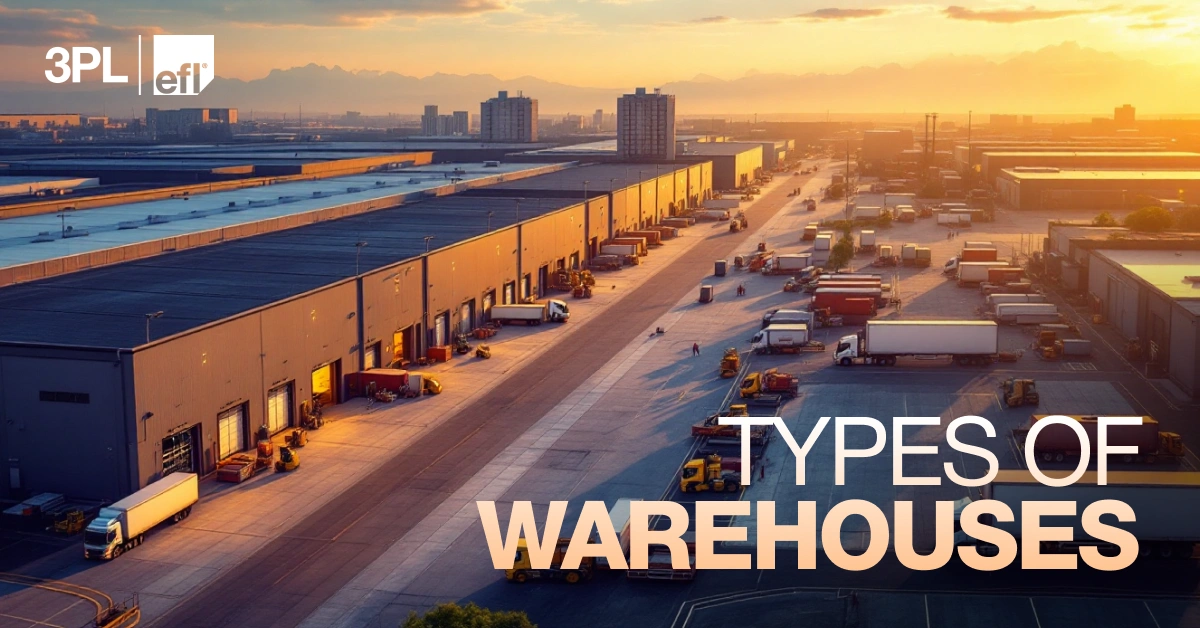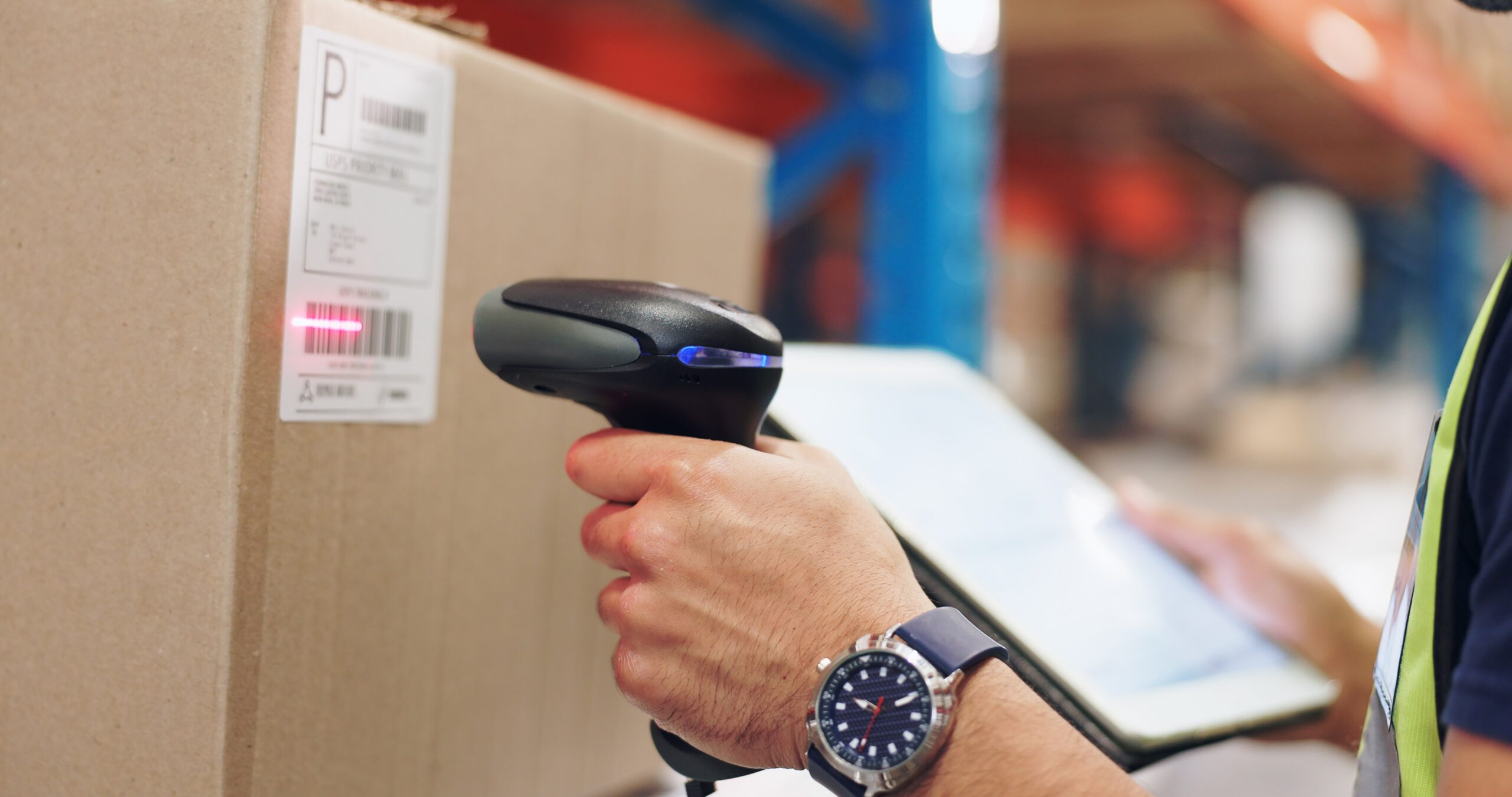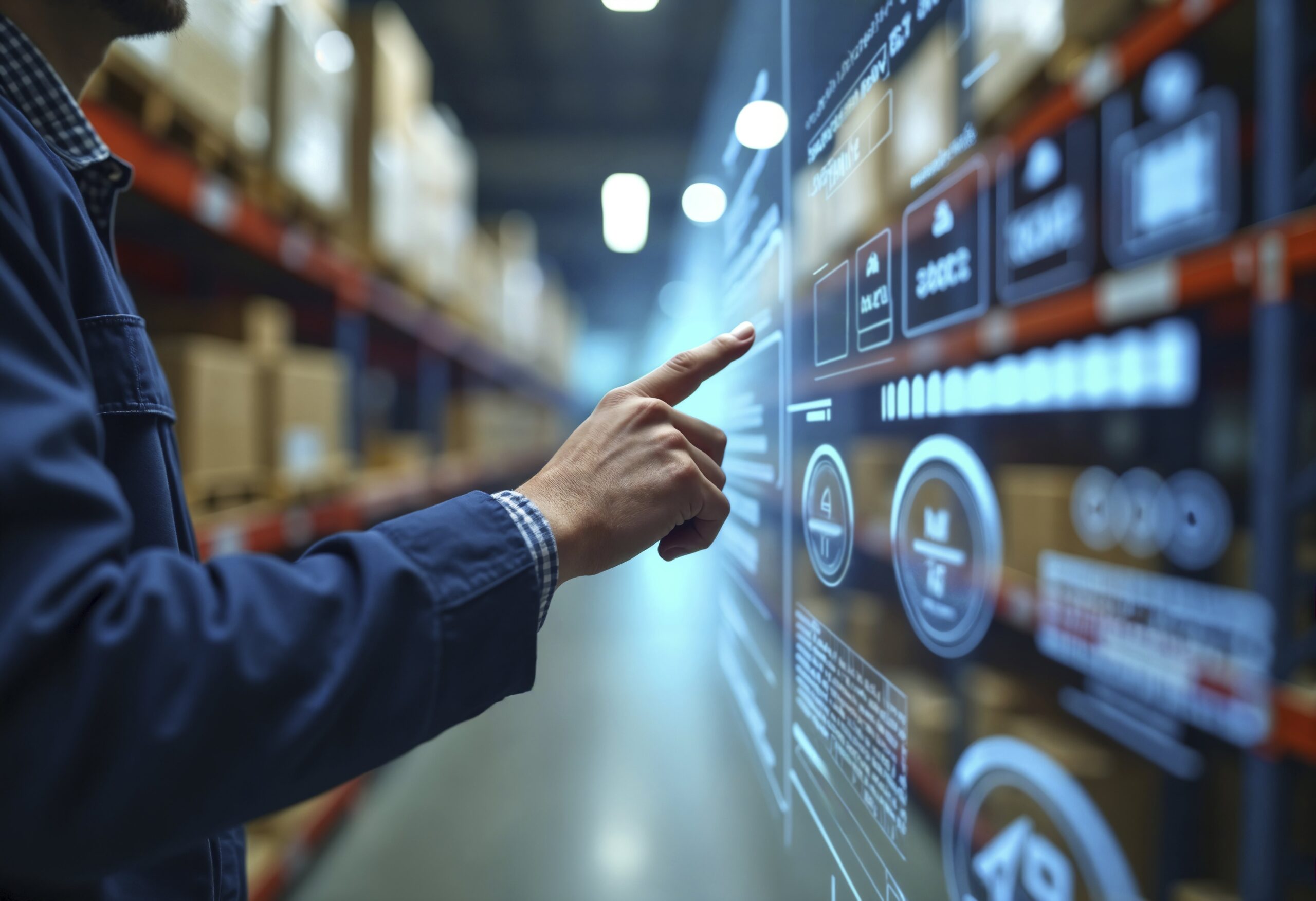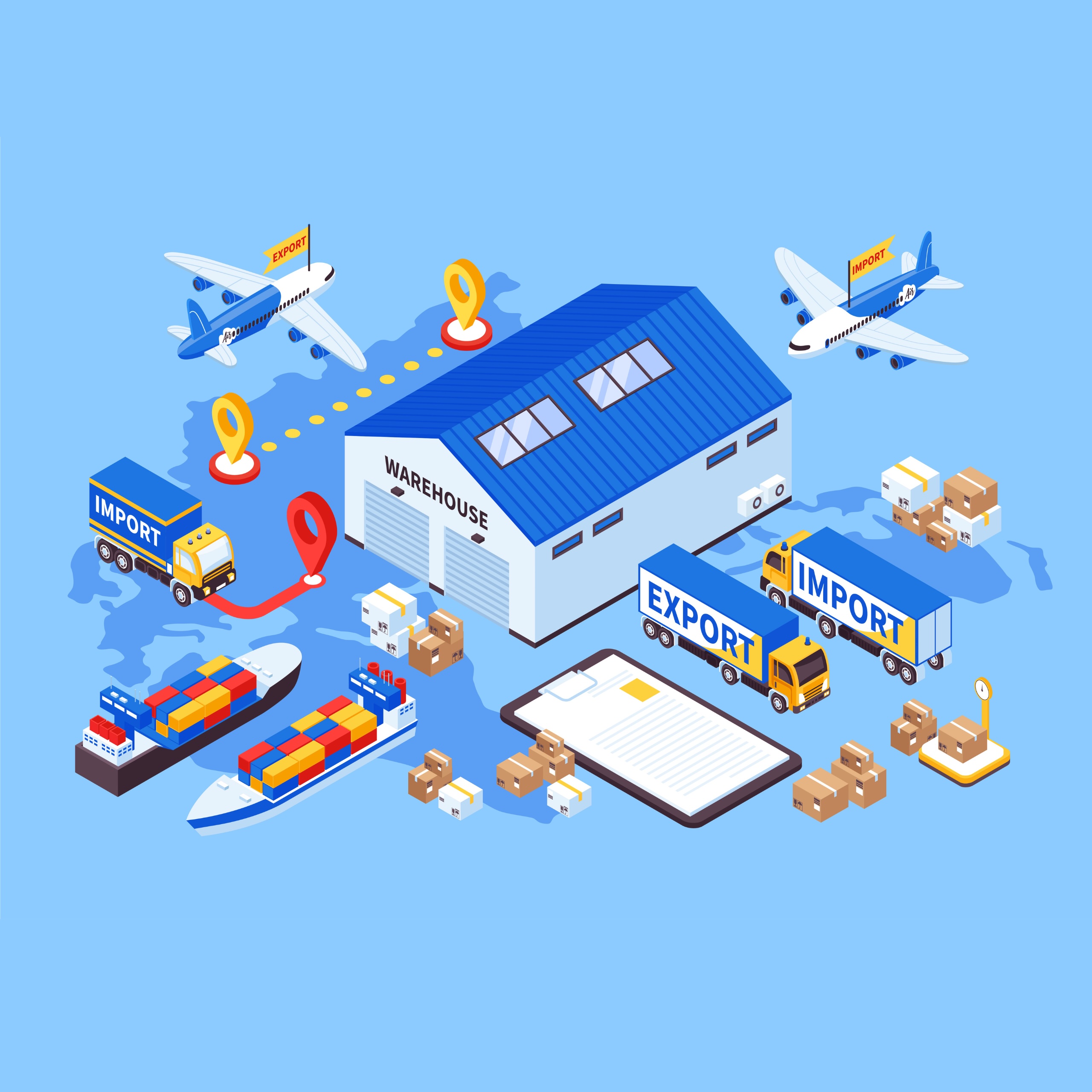
Introduction
It’s no surprise that e-commerce in Southeast Asia is entering a golden era. The region has more than 700 million people (Worldometer, 2025) across 11 countries, where seven major languages are spoken. To succeed in this diverse and complex region, businesses need more than just local market knowledge. They need strong support from third-party logistics providers to improve speed, flexibility, and cost control.
With major trade agreements like Regional Comprehensive Economic Partnership (RCEP) and ASEAN Free Trade Area (AFTA) in place, logistics integration in ASEAN is accelerating. Let’s take a closer look at how 3PLs and regional trade policies are transforming e-commerce logistics in the region.
How Trade Agreements Support ASEAN Logistics Integration
The ASEAN Free Trade Area (AFTA) helps reduce tariffs between ASEAN member countries. For example, products shipped from Malaysia to Thailand or Indonesia can enjoy reduced duties of 0–5%. This has greatly improved supply chain movement within ASEAN.
The Regional Comprehensive Economic Partnership (RCEP) goes further by including countries like Japan and Australia. It simplifies customs procedures and standardizes rules of origin, making it easier for goods to move freely across countries. According to GEODIS, RCEP will remove up to 90% of import duties among member countries over the next 20 years.
These agreements allow 3PL providers to build more efficient multi-country warehousing and distribution networks. This helps reduce repeated customs processes, lower logistics costs, and provide more flexible supply chain services for clients.
Strengthening Supply Chain Resilience: The Role of EPL 3PL
In today’s uncertain global environment, supply chain resilience has become a priority for ASEAN. According to Reuters, the Malaysian Foreign Minister urged ASEAN to strengthen regional logistics and supply chain networks to deal with rising trade barriers and geopolitical risks (Danial Azhar, 2025).
EFL 3PL providers help businesses stay resilient by offering:
- Multi-country warehousing:
Goods can be shifted from a main warehouse in Malaysia to secondary hubs in Indonesia, or Singapore, ensuring on-time delivery even if delays happen at one port.
- Real-time inventory tracking systems:
Help brands monitor supply chain health and react faster.
- Smart order picking and routing:
Facilitates automated guided picking for faster order processing, picking and sends orders through the fastest or optimal delivery path based on real-time conditions.
What Brands Must Know About Fulfillment in ASEAN
Trade agreements may help reduce taxes and paperwork, but brands still need to understand local fulfillment challenges. EPL 3PLs support in several key areas:
- Online E-commerce platforms
The top 3 online platforms that cater for the traffic of Southeast Asian e-commerce shopping are Shopee, Lazada and Tokopedia.
Shopee acquires major markets in Southeast Asia with diverse features for both C2C and B2C trading. Lazada is now a subsidiary of Chinese e-commerce giant Alibaba with a B2C trading model and strict approval regulations.
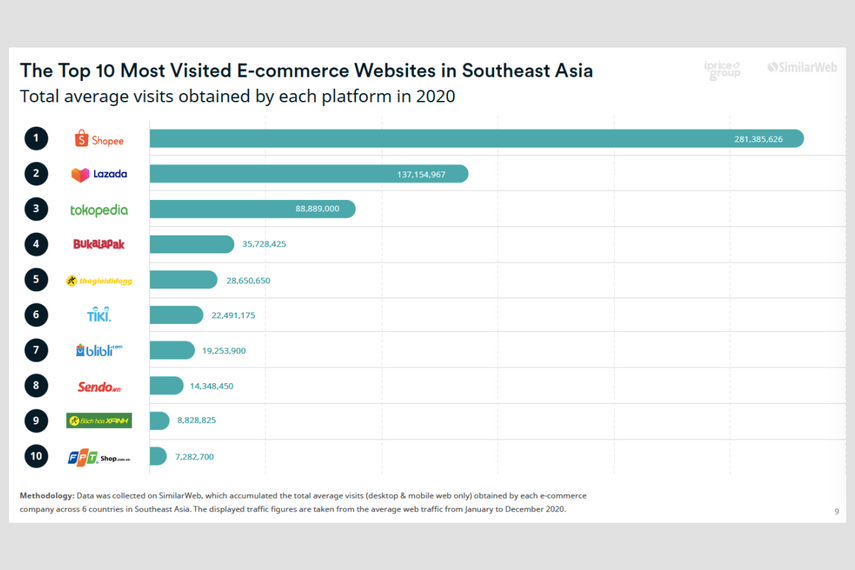
These platforms rely heavily on cross-border fulfillment, which benefits from reduced tariffs and harmonized customs procedures under RCEP and AFTA. This creates more opportunities for EFL 3PL to provide integrated, multi-country logistics solutions for online sellers.
- Customs regulations differ by country
For example, Indonesia requires special import permits for electronics, cosmetics, and health products, which affects product approval timelines on major platforms like Tokopedia. In contrast, Singapore allows duty-free entry for goods under S$400, which makes it easier for brands to ship directly from overseas without local warehousing.
While such differences remain, regional FTAs like RCEP simplify documentation and standardize rules of origin, helping EFL 3PL handle these variations more easily across ASEAN markets.
- Last-mile and different payment habits
COD (cash-on-delivery) and local e-wallets like Shopee Pay and Gcash remain the top payment preferences in Thailand and the Philippines. These habits directly affect the last-mile delivery strategy on platforms like Shopee and Lazada, where fulfillment ratings, buyer protection policies, and return deadlines are tightly connected to delivery performance.
Understanding these preferences helps 3PL create last-mile solutions for each ASEAN market, while regional FTAs help goods move quickly across borders to meet different customer needs, resulting in faster deliveries and better customer satisfaction.
Conclusion
With RCEP and AFTA laying the foundation for seamless cross-border trade, the opportunity for EFL 3PL is bigger than ever. With its regional network and integrated platform, EFL 3PL is ready to capture this growth, providing faster and more cost-effective fulfillment across ASEAN and supporting long-term success for brands.
Click into ASEAN growth and experience fulfillment with EFL 3PL right now.




